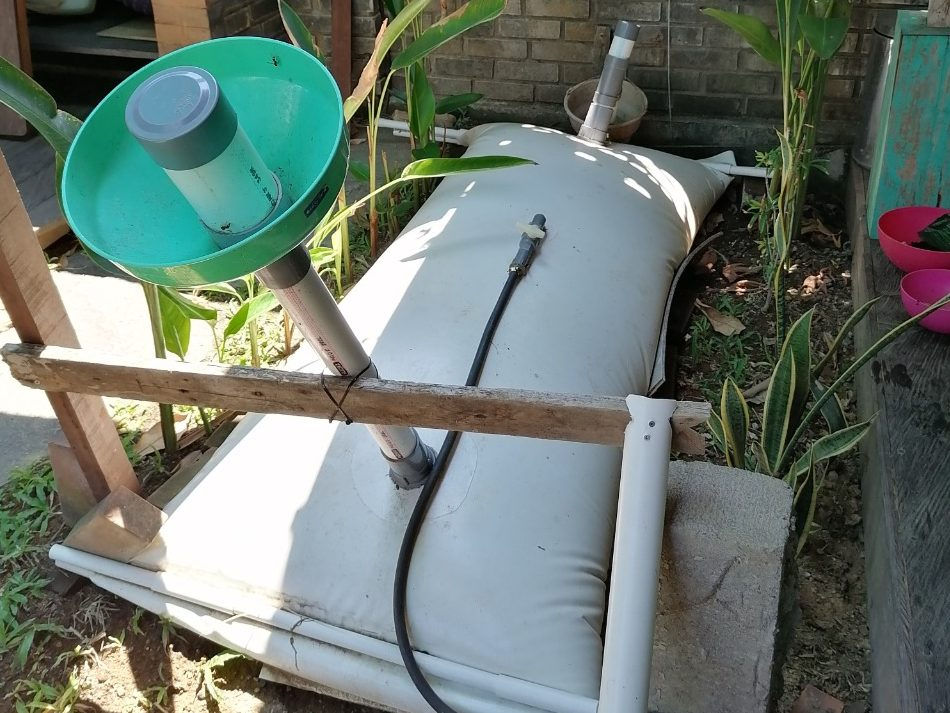Get Your Favorite Coffee and Chocolate Secured by Adapting with Climate Change
- auliamadhila
- Jun 25, 2020
- 3 min read
Updated: Nov 25, 2020

You may see lots of people around the world advocate for climate change, or you may have also been feeling the effect of climate change in your daily life. Simply by the extreme temperature that you feel during the daytime. On a moment during climate movie night that was organized by su-re.co (an environmental company based in Bali), Takeshi Takama stated that scientists observe that the earth’s temperature is going to raise over 1,5 C from the pre-industrial era.
The raising of the earth temperature is not affecting our health, but it affects other sectors, including food and beverages that we consume every day. According to FAO, if current income and consumption growth trends continue, there must be a 60% agricultural production increase to fulfill the demand for food by 2050, and event World Bank stated that we need a 70% increase. However, if we still work on the business-as-usual scenario, climate change will make this goal more difficult due to adverse impacts on agriculture, requiring spiraling adaptation and related costs (FAO, 2013).
Climate-Smart Agriculture as One of the Solutions
Our source of food can still be secured if we work together to find solutions. Though climate change is getting real, it does not mean that we have lost everything. Preventive action is the best way to minimize the risk of climate change; but at the same time, we can also find the innovation to adapt and become more resilient. This article will take you to explore the relation between climate change and food security as our basic needs.
As we have mentioned previously, one of the ways we can help is by making an effort to adapt to climate change. World Bank also states that we need substantial investments in adaptation to maintain current yields and to achieve the required production increase. In 2010, the concept of climate-smart agriculture was defined by FAO to achieve Sustainable Development Goals (SDGs).
“Climate-smart agriculture (CSA) is an approach that helps to guide actions needed to transform and reorient agricultural systems to effectively support the development and ensure food security in a changing climate.” (FAO, 2013)
As a concept, CSA focuses on food security and climate resilience through its 3 main pillars namely: sustainably increasing agricultural productivity and incomes; adapting and building resilience to climate change; reducing and/or removing greenhouse gas emissions, where possible.
This video will explain in more detail how this concept works.
Developing Climate Smart Product
If you have passed Dalem Gede Street in Pererenan, you might have seen a block of buildings with tiny treehouses on the trees and wonder what that place is. When you come in, you will be welcomed by the gift makers of su-re.co (Sustainability and Resilience.co), who come from various backgrounds but dedicate themselves to helping Indonesian farmers tackle climate change.

su-re.co is a young environmental think-do-be tank company. This young team was established to fulfill the promise of su-re.co’s CEO, Takeshi Takama while he was conducting research in Africa. A woman told him, “Don’t just study, but do something.” Currently, Takeshi has been working as an international expert on climate change, environment and energy for international and bilateral agencies for nearly two decades.
How is su-re.co Supporting Climate-Smart Agriculture?
Today, su-re.co focuses on research, developing the capacity of farmers to adapt to climate change, sustainable energy, climate-smart products (coffee and chocolate) and green building. All of these projects (think-do-be tank) are interconnected to create a sustainable and resilient community (be) that can turn goodwill and deep thought (think) directly into meaningful action (do).
On their YouTube channel, Takeshi stated that while coffee is greatly affected by climate change, it also has a lot of potential. Since then, su-re.co works on promoting climate-smart agriculture by building the capacity of farmers to better understand climate through Climate Field Schools (CFS), developing biogas digesters to reduce their carbon emissions and produce organic fertilizer and to help the farmers market their product. All their activities build a cycle where each activity is interconnected. So far, since February 2020, they have installed more than 20 biogas digesters, conducted 8 CFS, and sold approximately 1 ton each of coffee and chocolate.

Unlike other biogas digesters, su-re.co’s biogas is designed to be simple, removable and free for farmers. This team always works very closely with the community to install the biogas and to share the knowledge of climate change and sustainability issues. Farmers can have better access to clean energy, organic fertilizer, and grow climate-smart coffee and cacao products that have been delivered all over the world.
Interested to start your CSA project?
This team will be happy to exchange knowledge and collaborate with you. Reach them by email at info@su-re.co for more detail information.
Comentários